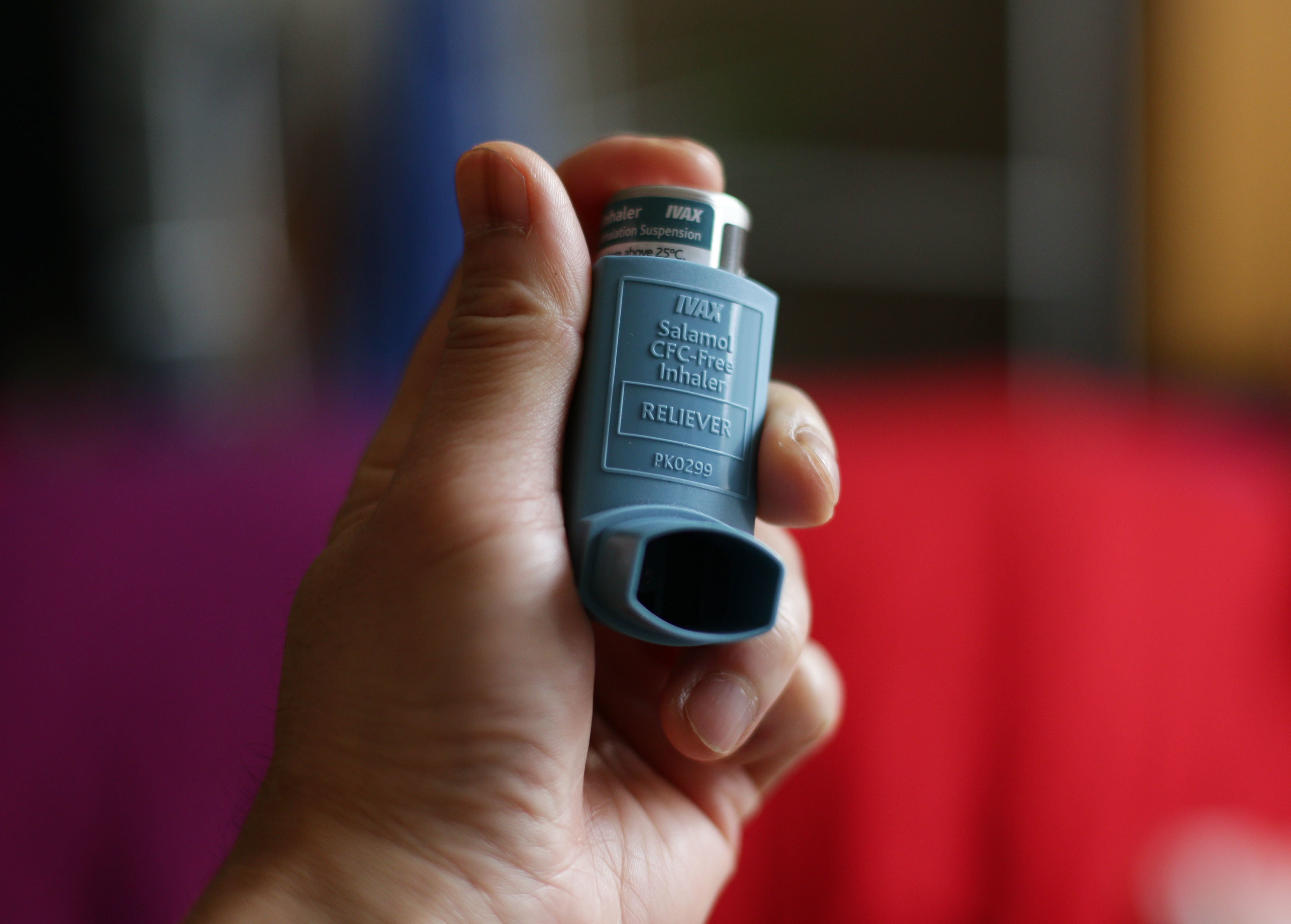Poor sleep raises risk of developing asthma, study shows
Combination of poor sleep patterns and genetic risk makes people more than double as likely to be diagnosed

Your support helps us to tell the story
From reproductive rights to climate change to Big Tech, The Independent is on the ground when the story is developing. Whether it's investigating the financials of Elon Musk's pro-Trump PAC or producing our latest documentary, 'The A Word', which shines a light on the American women fighting for reproductive rights, we know how important it is to parse out the facts from the messaging.
At such a critical moment in US history, we need reporters on the ground. Your donation allows us to keep sending journalists to speak to both sides of the story.
The Independent is trusted by Americans across the entire political spectrum. And unlike many other quality news outlets, we choose not to lock Americans out of our reporting and analysis with paywalls. We believe quality journalism should be available to everyone, paid for by those who can afford it.
Your support makes all the difference.Poor sleep can cause an inflammatory response in the body which increases the risk of asthma, according to a new study.
A team from Shandong University in China used data from UK Biobank to examine half a million people with varying sleep patterns over 10 years.
The experts found healthy sleep patterns were linked to a reduced risk of asthma, while poor sleep raised the likelihood of a diagnosis.
A low genetic risk combined with a healthy sleep pattern could prevent around a fifth of asthma cases, the study found.
“The study highlighted the importance of early detection and management of sleep disorders, which could be beneficial in reducing asthma incidence,” researchers said.
At the start of the study, participants were asked about their sleeping patterns, including whether they were a morning person or a night owl, how long they slept for, whether they snored, had insomnia and whether they suffered excessive sleepiness during the daytime.
A healthy sleep pattern was defined as being more of a morning person, sleeping for seven to nine hours a night, rarely suffering from insomnia, no snoring and no frequent sleepiness during the day.
Based on their responses, 16 per cent had a healthy sleep pattern, 62 per cent had an intermediate sleep pattern and 22 per cent had a poor sleep pattern.
A third of participants had a high genetic risk of asthma, another third had an intermediate risk and the final third were low risk cases.
Compared with those at low genetic risk, those with the highest genetic risk were 47 per cent more likely to be diagnosed with asthma, while those with a poor sleep pattern were 55 per cent more likely.
A healthy sleep pattern decreased the risk of asthma by 44 per cent in those at low genetic risk, 41 per cent in those at intermediate risk and 37 per cent in those with a high genetic risk.
Over the 10 year study, 4 per cent of participants were diagnosed with asthma, according to BMJ Open Respiratory research.
The researchers said these people were more likely to have certain traits, including poor sleep patterns, obesity, high genetic risk of asthma, high levels of smoking and drinking, high blood pressure and greater exposure to air pollution.



Join our commenting forum
Join thought-provoking conversations, follow other Independent readers and see their replies
Comments